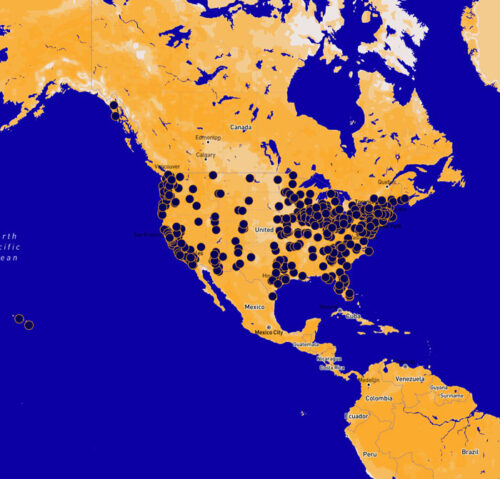The No Kings Map is Live!
Hundreds of nonviolent protests are already planned for No Kings Day on March 28, and more are being added by the hour.

In the current federal political climate, it feels like every value we care about is under attack. In any given state legislative session, hundreds or thousands of bills may be moving at the same time. A big challenge for new state advocates can be simply choosing what legislation to work on when it’s impossible to work on everything.
Prioritize in order to maximize impact. It is absolutely critical to prioritize what legislation you decide to advocate for in order actually engage meaningfully and have an impact. If you try to work on too many things at once, you’ll spread yourself too thin and be ineffective.
Below are some questions to ask yourself to help you prioritize what types of state legislation you might advocate for:
What issues do my Indivisible group members and Indivisible groups across the state care the most about? It is important to work on something that you and your group are passionate about. People are motivated to do advocacy because they care deeply about issues. Don’t try too hard to push people to care about something that doesn’t resonate with them. You will also have more power if you can collectively decide to work on the same issue with other Indivisible groups across your state. Once you start collaborating with other Indivisibles, work with your National organizer to try to build consensus across your state.
Does this bill relate to national priorities or other federal issues? In the face of all-out federal assault on our values, states are one line of defense. If the federal government is undermining something you care about (e.g. immigration, environment, racial justice, reproductive rights), consider advocating to restore protections in your home state. Without a political climate that allows us to actually implement progressive policies at the federal level, we can advocate for those same federal priorities at the state level in the meantime.
Does this bill protect or expand the rights of marginalized populations? One of the core and founding principles of Indivisible is the idea of treating an attack on one as an attack on all. The Trump administration has made it a priority to attack our most vulnerable and marginalized populations. We can push back and make our states a safe haven for all residents.
Does this bill help change the rules and structures of the democratic system to make it work better? Progressives have struggled to make lasting change because the cards are stacked against us. Republicans have changed the rules of democracy to entrench their power. Therefore, by focusing on issues that fundamentally repair the broken structures of democracy (e.g. voting rights, campaign finance reform, redistricting), we can make more progressive change possible for the future.
Is this an issue area that is entirely controlled by the states or an issue over which states have a great deal of power? There are certain progressive issue areas that are actually entirely or mostly controlled at the state level, making this extra ripe for state advocacy. These are issues like voting rights, redistricting, criminal justice reform, and policing.
Is this fight winnable? It’s a bitter pill to swallow, but it is a waste of time to work on legislation that has a 0% chance of being passed. You’ll know more about whether fights are winnable based on the make-up of your legislature and the issue area. For example, if you live in a very red state and there is a Medicare-for-all bill, it is probably not worth your energy to work on it. In these instances, it’s more important to focus on smaller, winnable steps toward a policy goal or to first focus on changing the composition of your legislation via electoral work.
Would constituent power add value and make a difference? Similarly, it is also a poor use of resources to work on legislation that has a 100% chance of being passed. It is important to consider whether your contribution to an advocacy fight would actually add value to the fight. This means that it may be better to choose campaigns that don’t have a lot of grassroots support already. For example, if a campaign already has 20 grassroots organizations working on it, your help might not be needed. It would be more effective to join a fight that needs your help and where your constituent power could swing the needle from a loss to a win.
Hundreds of nonviolent protests are already planned for No Kings Day on March 28, and more are being added by the hour.
